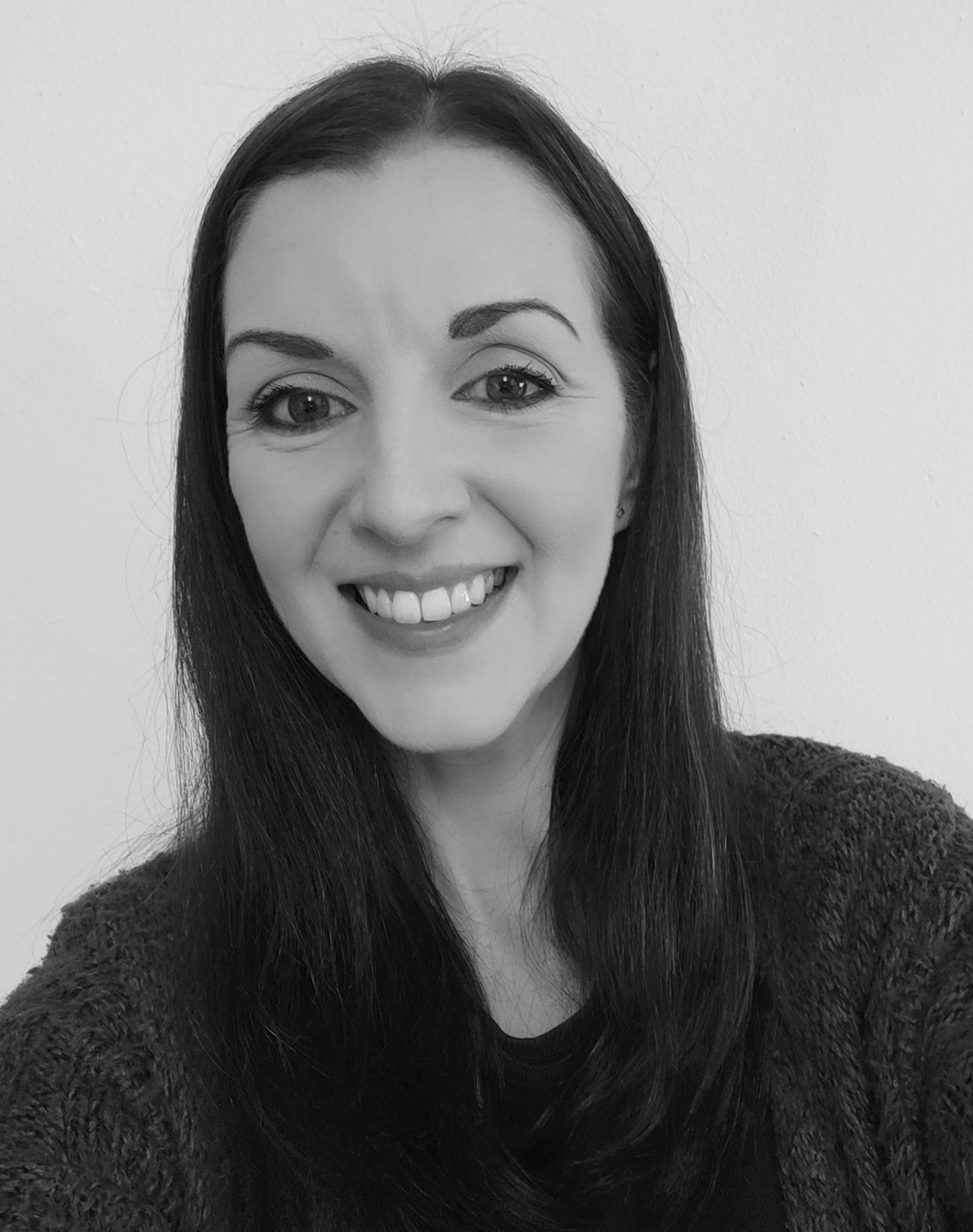Glycolysis
- Glycolysis is the first stage of respiration
- It does not require oxygen to take place and is therefore the first step for both aerobic and anaerobic respiration
- Glucose is only partially oxidised during glycolysis
- It takes place in the cytoplasm of the cell and involves:
- Trapping glucose in the cell by phosphorylating the molecule
- Oxidising triose phosphate (by losing hydrogen)
- It results in the production of
- 2 Pyruvate (3C) molecules which moves into the matrix of mitochondria to be used during the link reaction
- Net gain 2 ATP
- 2 reduced NAD, which will be used during a later stage called oxidative phosphorylation
- Under anaerobic conditions, glycolysis produces lactic acid or lactate instead of pyruvate
Steps of glycolysis
- Phosphorylation of glucose (a hexose sugar)
- Two molecules of ATP are required to provide the two phosphates needed for the phosphorylation of glucose
- This produces
- Two molecules of triose phosphate
- Two molecules of ADP
- Oxidation of triose phosphate
- After triose phosphate loses hydrogen, it forms two molecules of pyruvate
- The hydrogen ions are collected by NAD which reduces the coenzyme
- This forms two reduced NAD or NADH
- Even though a total of four ATP molecules were produced during glycolysis, two of them were used to phosphorylate glucose
- There was therefore a net gain of two ATP molecules

The process of glycolysis
Exam Tip
It may seem strange that ATP is used and also produced during glycolysis. At the start ATP is used to make glucose more reactive (it is usually very stable) and to lower the activation energy of the reaction. Since 2 ATP are used and 4 are produced during the process, there is a net gain of 2 ATP per glucose molecule.

